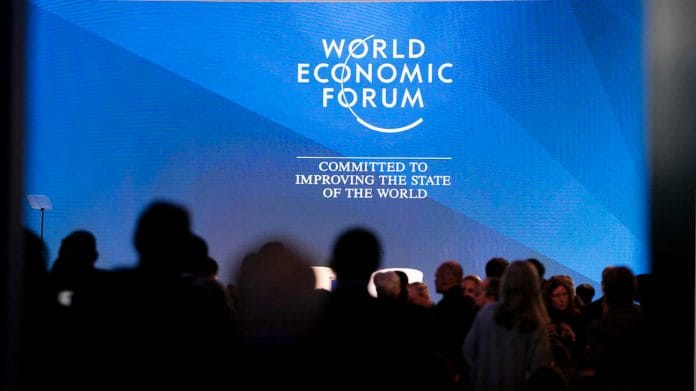Economics changed a lot in the 2010s, mostly in good and healthy ways. But much remains to be done in terms of the discipline’s public image, the reliability of its methods and the success of its policy recommendations. Here are a few ways that economics should strive to change itself in the 2020s:
1. Reform Economics Education
Economic research has become much more empirical, but the material that gets taught to undergraduate students generally hasn’t kept up. For example, new evidence on minimum wages and other policies has shown that the basic theory of supply and demand that’s taught in introductory econ courses isn’t a good description of labor markets. And some leading textbooks give economics a libertarian slant that often is at odds with reality. Meanwhile, students often learn little or no empirical analysis, meaning that they aren’t capable of testing the theories they learn. Some progress is being made, such as the creation of the CORE Project, a free set of textbooks and other learning materials that emphasizes grounding in data. But for economics education to improve, educators need to adopt these new tools and methods.
2. Make Econ Culture Less Aggressive
In recent years, some economists have begun to complain about a culture of hostile criticism that pervades many seminar rooms, paper reviews and academic departments. A culture where ideas are shouted down tends to keep women and underrepresented minorities out of the profession. It also leads to groupthink; if the strength of a theory is determined not by who can explain the evidence but by who can get the meanest gang to shout the loudest, bad theories will be enshrined and good ones dismissed. To become more like a science, econ needs to become less like a high school debate club.
3. Fix the Publication System
Economics publishing is dominated by a handful of journals that can play an outsize role in determining an academic economist’s career. This allows a small group of editors to control the direction of the profession, creating a hierarchical, personalistic system where knowing the right people can be as important as having good ideas and important results. These journals also tend to limit the number of articles they publish, in order to maintain their prestige, consigning lots of good research to obscurity and making the publication process drag on too long. Economics departments need to focus less on the top five journals and use more holistic methods for determining promotion and tenure.
Also read: How the world changed economics, and vice versa, in the past decade
4. Improve Macroeconomics
The failure to warn of the financial crisis, and the fierce battles waged over how to remedy the ensuing recession, tarnished macroeconomics. Macroeconomists hastily made some fixes to their models in the aftermath of that debacle and there have been some additions of more realistic elements. But even these efforts will fall short if the field doesn’t adopt more empiricist approaches. Instead of simply checking that their theories match the broad patterns of unemployment and growth, macroeconomists need to start checking each individual piece of their models against carefully collected data. If a part of a model doesn’t fit the evidence, chuck it out.
5. Find Out Why Workers Don’t Adjust
Economists used to assume that workers would adapt to big economic shocks, such as the decline of regions and industries, competition from abroad and so on. But evidence in recent years has suggested that most workers displaced by Chinese imports in the 2000s took big, permanent hits to their careers. And a decline in mobility means that Americans are moving to opportunities much less than they used to. So far, government retraining programs have been largely ineffectual. Economists need to focus more resources on the question of why workers adjust so poorly and how to help them get back on their feet.
6. Reconsider Welfare Programs
Widening inequality, slow labor market adjustment and the persistence of poverty have brought greater calls for redistribution. New evidence suggests that programs such as basic income are less harmful than believed, while programs that push people to get jobs may be less important. Meanwhile, a big open question is whether targeted benefits such as child-care subsidies and housing vouchers have a place in a welfare state, or whether the poor should simply be given cash to spend as they choose. The question of how to design an efficient, fair, sustainable welfare state for the 21st century deserves lots of attention from economists.
7. Study Comparative Economic Systems More
Economists tend to overlook comparative economic systems these days; it’s often assumed that the failures of communism proved that a free market, with some sort of redistributive welfare spending, is the optimal and final system. But the rise of information technology, the shift to service industries, the resurgent popularity of industrial policy and the increasing importance of sustainability mean that economic systems now differ in meaningful ways. At the same time, the old dichotomy between capitalism and socialism is increasingly useless for describing how modern systems work. Economists need to return to their roots and study the strengths and weaknesses of the very different systems being pioneered in China, Europe and elsewhere.
Also read: Abhijit Banerjee’s Nobel in the US: Is it a comment on the quality of Indian institutions?






